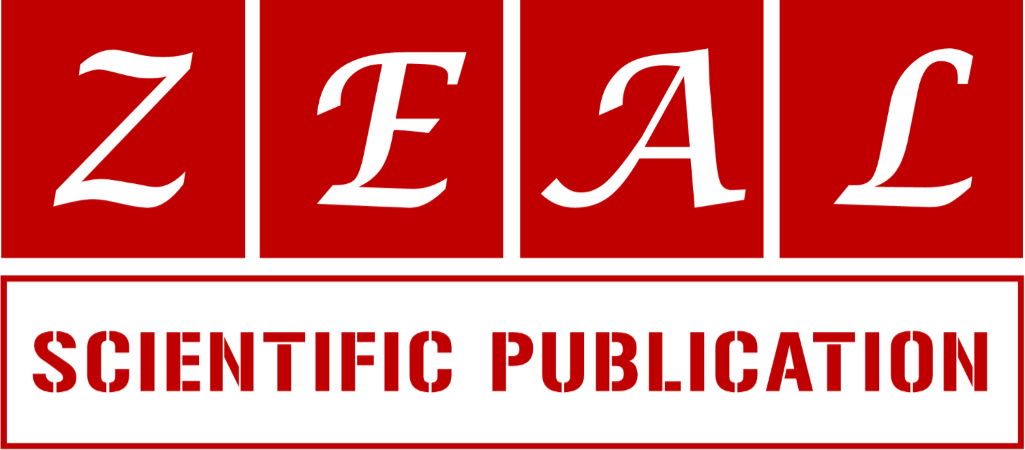Circular economy models for sustainable resource management in energy supply chains
1 Total Energies Nigeria Ltd.
2 Independent Researcher, Portharcourt Nigeria.
3 Independent Researcher, Lagos Nigeria.
Review
World Journal of Advanced Science and Technology, 2022, 02(02), 034-057.
Article DOI: 10.53346/wjast.2022.2.2.0048
Publication history:
Received on 10 October 2022; revised on 22 November 2022; accepted on 25 November 2022
Abstract:
The transition to a circular economy offers a promising approach to sustainable resource management in energy supply chains, particularly within the context of reducing environmental impacts and enhancing resource efficiency. A circular economy model focuses on minimizing waste, maximizing resource utilization, and promoting the reuse, recycling, and remanufacturing of materials. This paper explores the application of circular economy principles in energy supply chains, highlighting their potential to transform traditional linear supply chains into more sustainable, closed-loop systems. In the energy sector, the circular economy can be implemented through various practices such as extending the lifecycle of energy infrastructure, reducing carbon emissions, and optimizing resource extraction and consumption. Key strategies include the recycling of energy materials (such as metals and plastics), repurposing equipment and infrastructure, and promoting energy efficiency across the entire supply chain. Moreover, the role of renewable energy systems, such as solar, wind, and bioenergy, is crucial in supporting circular economy models by offering sustainable alternatives to fossil fuels and enabling the reduction of environmental footprints. The paper also addresses the importance of designing energy products and services with circularity in mind, ensuring that materials and components can be recovered and reused after their useful life. Technological innovation, particularly in digitalization and artificial intelligence, plays a critical role in optimizing the management of resources in circular supply chains. Through data analytics and predictive modeling, energy companies can better track and manage material flows, ensuring higher efficiency and reduced waste. Additionally, collaboration among stakeholders, including suppliers, governments, and consumers, is vital for fostering circularity in energy supply chains. By implementing circular economy models, energy companies can not only enhance sustainability but also realize cost savings, improve resilience, and meet regulatory compliance. This paper concludes with recommendations for the energy sector to accelerate the adoption of circular economy practices, ensuring a sustainable and resource-efficient future.
Keywords:
Circular Economy; Sustainable Resource Management; Energy Supply Chains; Recycling; Renewable Energy; Energy Efficiency; Digitalization; Waste Reduction; Lifecycle Extension.
Full text article in PDF:
Copyright information:
Copyright © 2022 Author(s) retain the copyright of this article. This article is published under the terms of the Creative Commons Attribution Liscense 4.0
